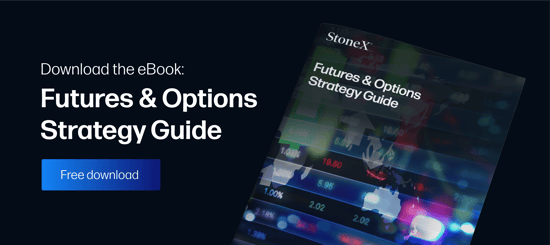When it comes to making money in the world’s equities markets, there are two strategies: stock trading and stock investing. Each has a unique functionality and a distinct collection of pros and cons.
Read on to learn more about the stock trading vs. investing dichotomy and which may be best suited for your financial objectives.
Stock Trading vs. Investing: Form & Function
One common misconception in the world of finance is that trading and investing are equal. False! Trading and investing are very different disciplines. Two ways in which they differ are time horizon and risk exposure.
Horizon
A trade or investment’s horizon refers to how long a position is held in the market. In the case of a trade, durations are measured in seconds, minutes, days, and weeks. The compressed horizon is acceptable because the trader’s strategy is to execute a greater number of trades to ensure profitability.
Investments, in contrast, have horizons of months, years, and decades. The longer durations are necessary to achieve the capital appreciation outlined by the strategy.
Risk
The topic of risk in the stock trading vs. investing argument is complex. Ultimately, a case can be made that either is inherently riskier—just in a different fashion.
Many market participants view trading as being less risky than investing. This is due to two factors:
- Capital allocations: Typically, a trade requires far less capital to execute than an investment, so the actual drawdown or money lost on an unsuccessful trade is reduced.
- Time horizon: Active traders are “in the market” far less than investors. Thus, they have minimal exposure to systemic risk, black swans, or market meltdowns.
In contrast, it may be argued that long-term stock investing is a far safer proposition than short-term trading. This is due to the following:
- Higher success rate: For long-term U.S. equities investments, there is a high expectation of success. Three reasons for this are growth-based valuation models, consistent U.S. economic expansion, and prolonged currency inflation. According to practitioners of “buy-and-hold” equities investment strategies, the risks of stock trading are far greater.
- Less “noise”: “Noise” occurs when short-term price action becomes disjointed. For stock traders, noise can bring about significant loss and undermine performance. Long-term investment strategies avoid the negative impact of noise by focusing on catching larger trends.
Pros & Cons
Ultimately, the answer to stock trading versus investing hinges on personal preference. Let’s take a look at a few of the pros and cons of each strategy.
Stock Trading
The rise of zero-commission brokerages and app-based trading has led to a spike in the popularity of stock trading. From a fundamental standpoint, the practice has a few palpable pros and cons:
- Pros: Stock trading is relatively inexpensive, can be done remotely, and offers a vast array of trading alternatives. With around 6,000 stocks listed on U.S. exchanges, equities traders are never without options.
- Cons: The short time frames of stock trading make successfully executing a high volume of trades an ongoing challenge. Also, active trading requires significant time investment, can be an exhausting endeavor, and subjects participants to the pattern day trader rule.
Investing
It is estimated that more than half of all American households own stocks in some form. Many of these families hold investment vehicles such as 401(k)s or mutual funds. Here are the key upsides and downsides of stock ownership:
- Pros: Investment offers portfolio diversification, appreciates wealth, and provides various tax advantages. Also, investing reduces the negative impact of noisy price action or short-term pullbacks in the market.
- Cons: Long-term investing ties up capital, poses opportunity costs, and increases the exposure to systematic risk.
Interested in Getting Started with Stocks?
The stock trading versus investing question is a big one because neither approach is suitable for everyone. At the end of the day, you’ll need to conduct your due diligence and decide whether the pros outweigh the cons.


